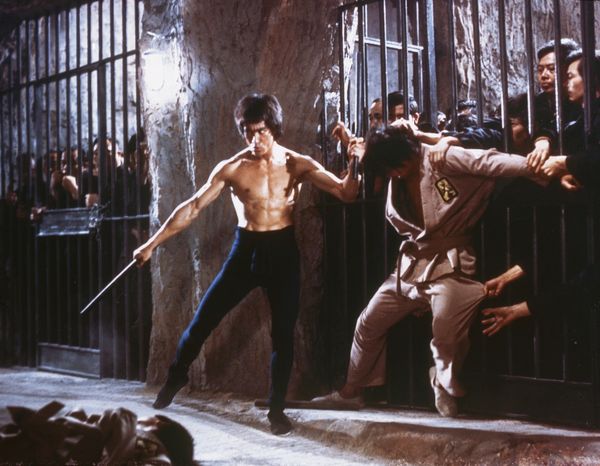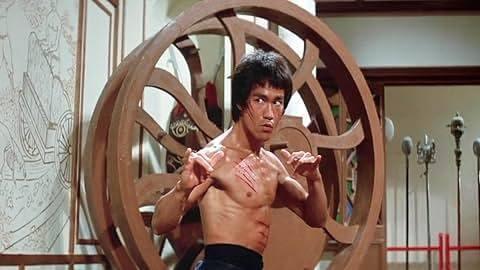Enter the Dragon (1973)

Exploring the Legacy and Significance of “Enter the Dragon” (1973)
“Enter the Dragon,” directed by Robert Clouse and released in 1973, stands as a monumental film in the martial arts genre and cinematic history. Starring Bruce Lee in his final completed film role before his untimely death, the film has left an indelible mark on both action cinema and popular culture.
Plot Overview
The film follows Lee’s character, Lee, a martial artist who is recruited by a secret British intelligence agency to infiltrate a dangerous martial arts tournament hosted by the enigmatic Han. Han’s island compound serves as a front for his illegal activities, including drug trafficking and human trafficking. Lee’s mission is to gather evidence and bring Han to justice, but he must navigate a series of intense martial arts battles and face various adversaries to achieve his goal.

Themes and Significance
At its core, “Enter the Dragon” delves into themes of honor, justice, and self-discipline. Lee’s character embodies the virtues of a true martial artist: integrity, strength, and a commitment to fighting for what is right. The film’s narrative emphasizes the conflict between good and evil, with Lee representing the forces of righteousness against Han’s corruption and criminality.
The film is also a celebration of martial arts, showcasing a blend of physical prowess, choreography, and philosophy. Bruce Lee’s exceptional skills and charismatic screen presence bring an authenticity and intensity to the fight scenes that had rarely been seen before. His martial arts techniques, combined with his philosophical insights, elevate “Enter the Dragon” from a simple action film to a profound exploration of the martial arts ethos.

Cultural Impact
“Enter the Dragon” played a pivotal role in popularizing martial arts in Western cinema. Bruce Lee’s magnetic performance and innovative fighting style captured the imagination of audiences around the world, paving the way for future martial arts films and actors. The film’s influence extends beyond the realm of cinema, inspiring countless individuals and contributing to the global fascination with martial arts.
The movie also marked a significant moment in Hollywood’s history, as it was one of the first films to feature a predominantly Asian cast in prominent roles, challenging the stereotypes and limitations of the time. Lee’s role as a leading man broke new ground and set a precedent for future generations of Asian actors.











